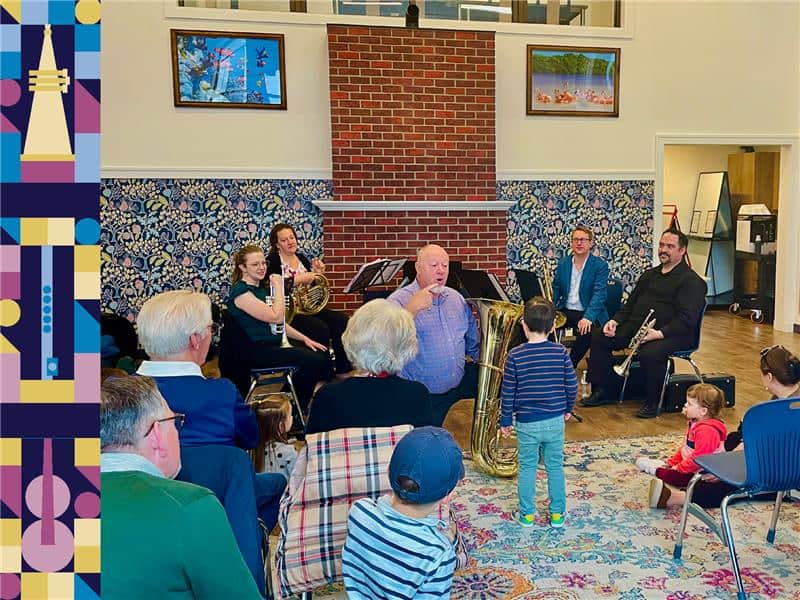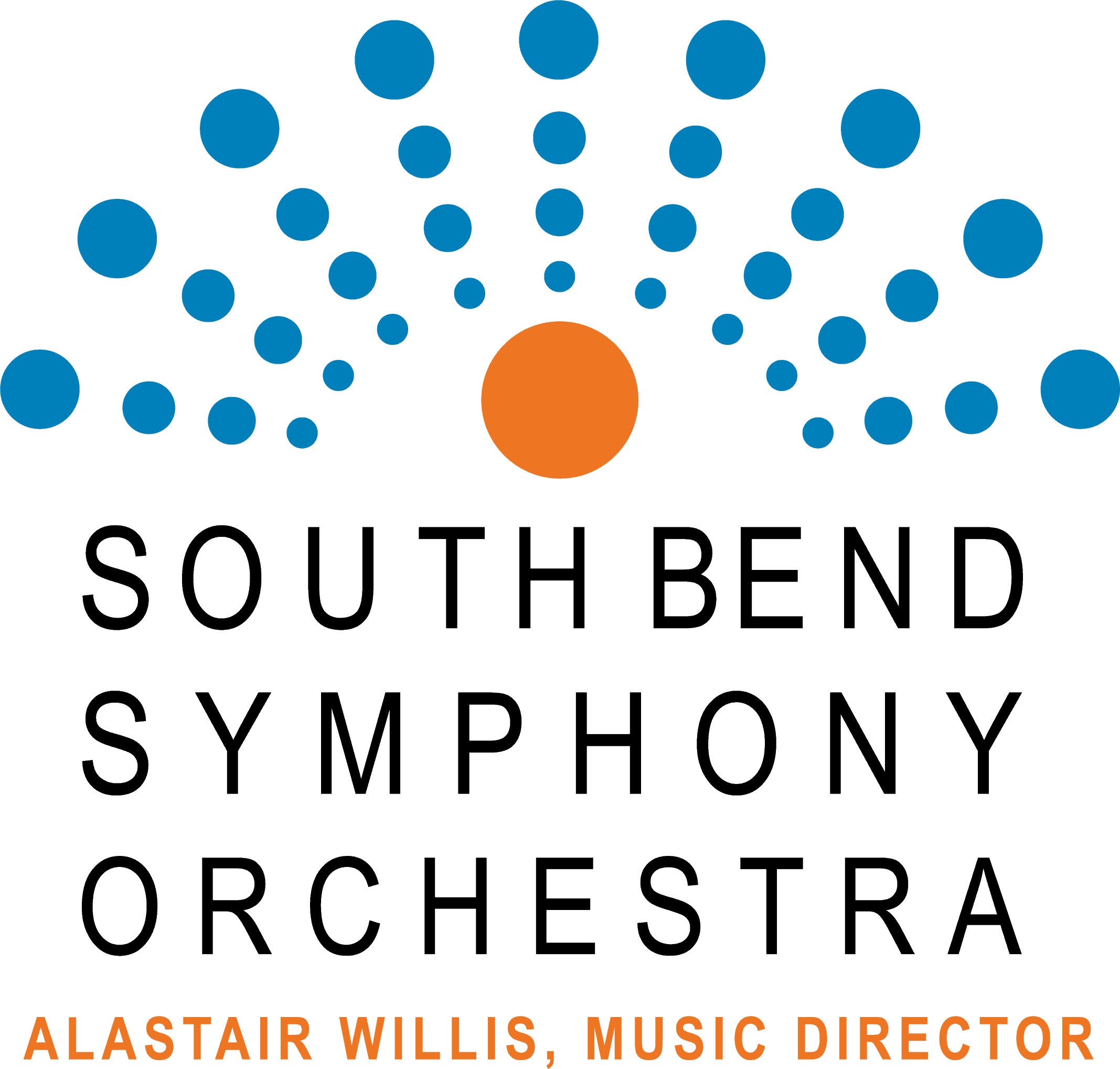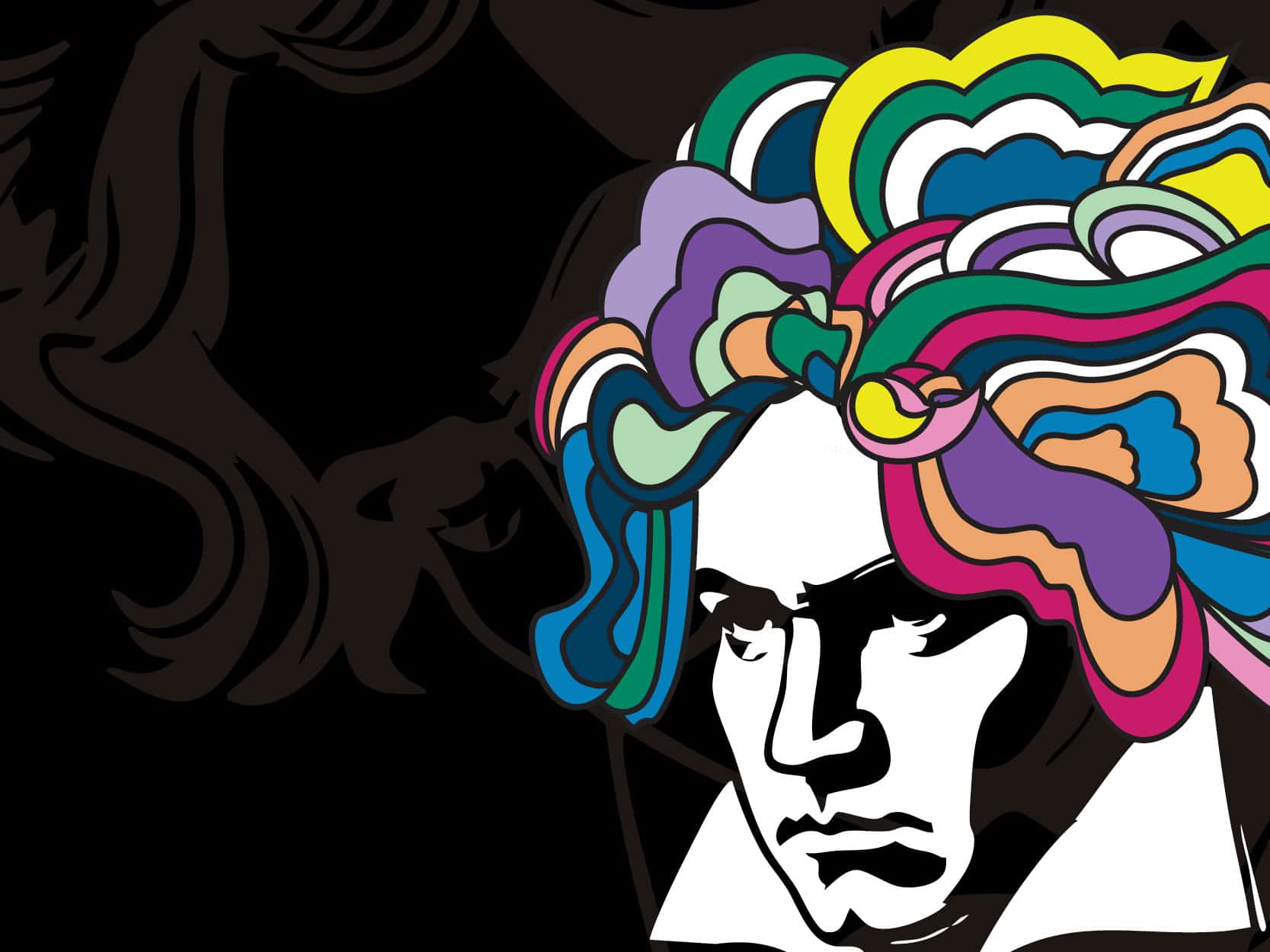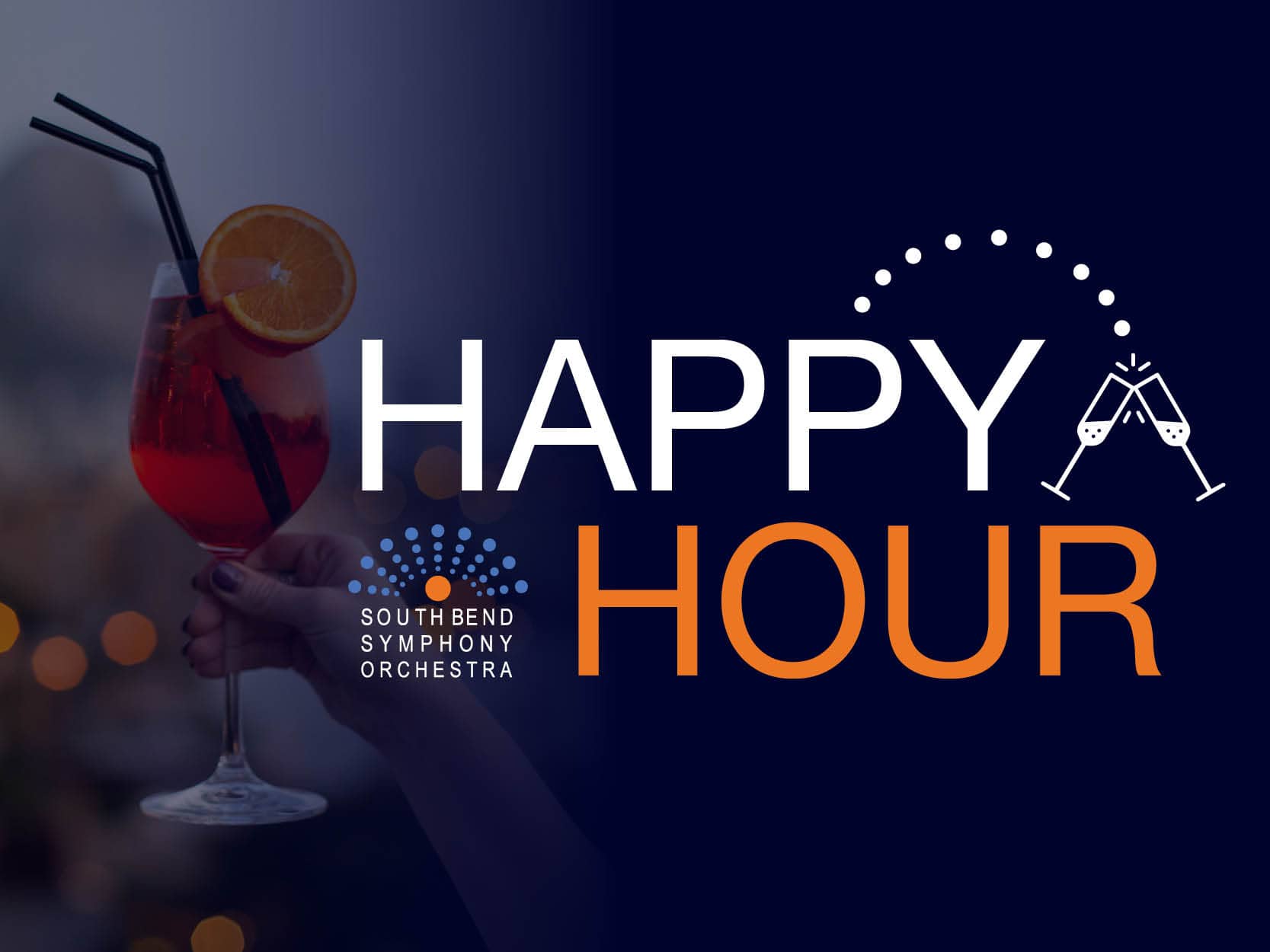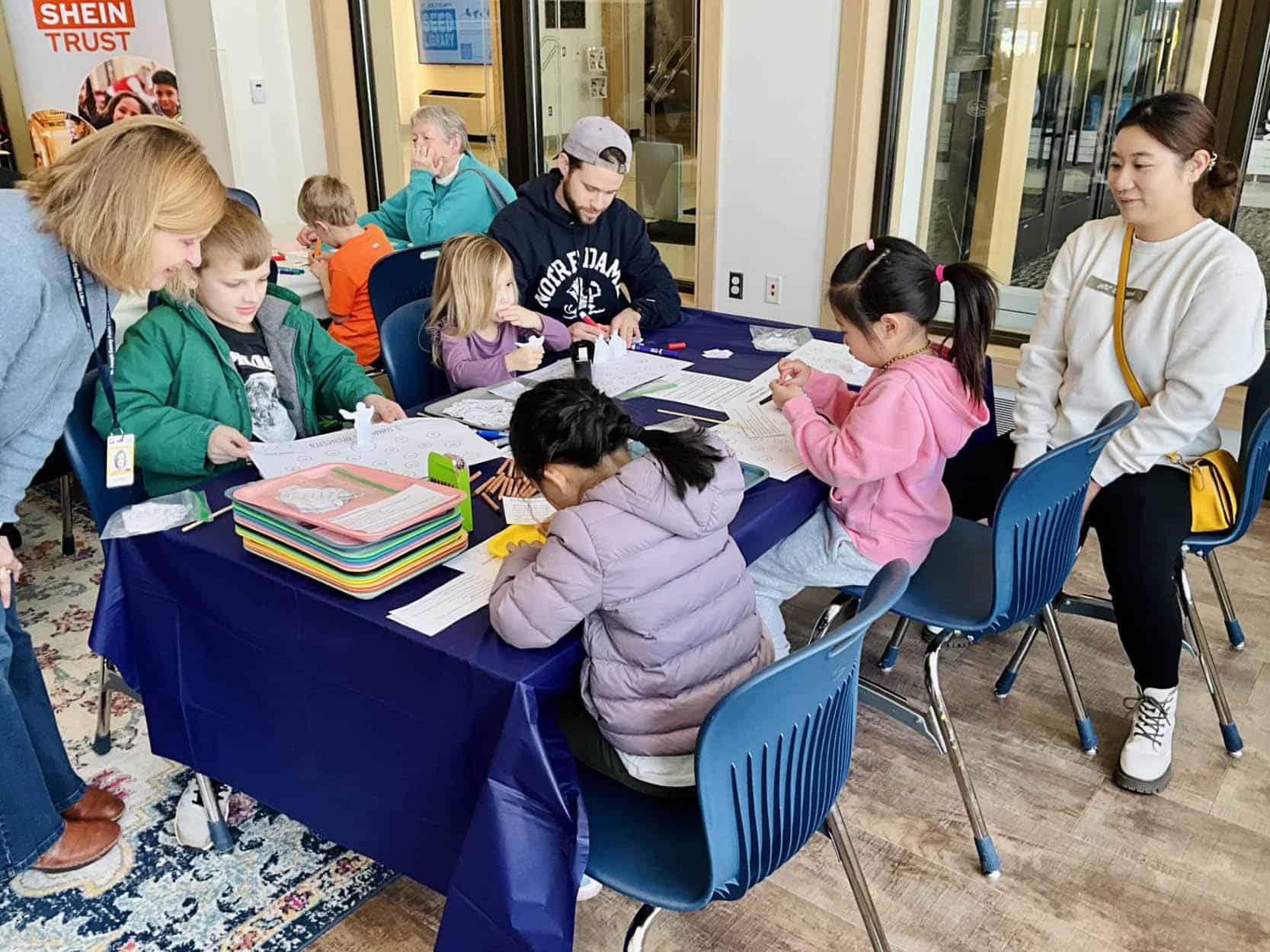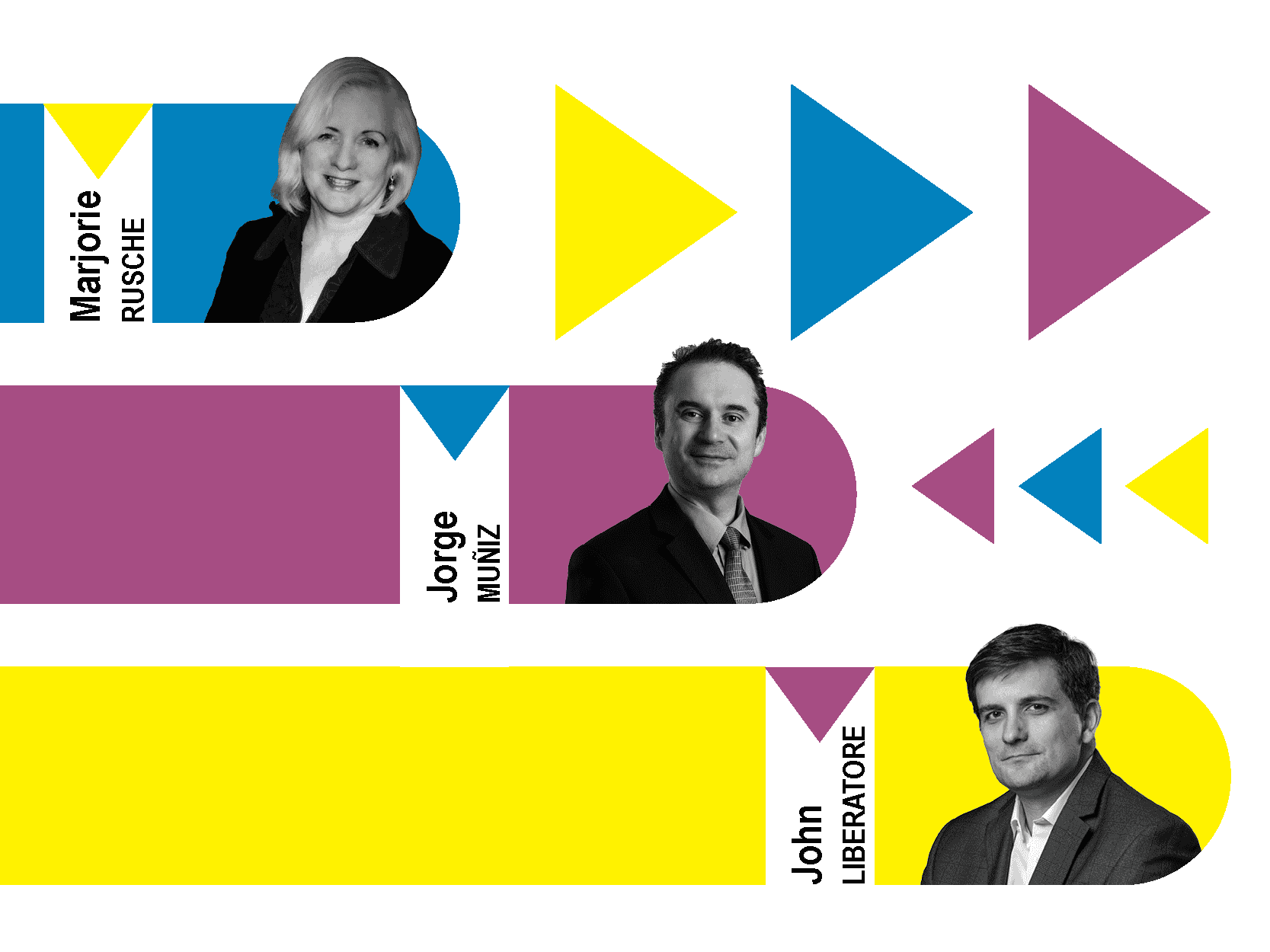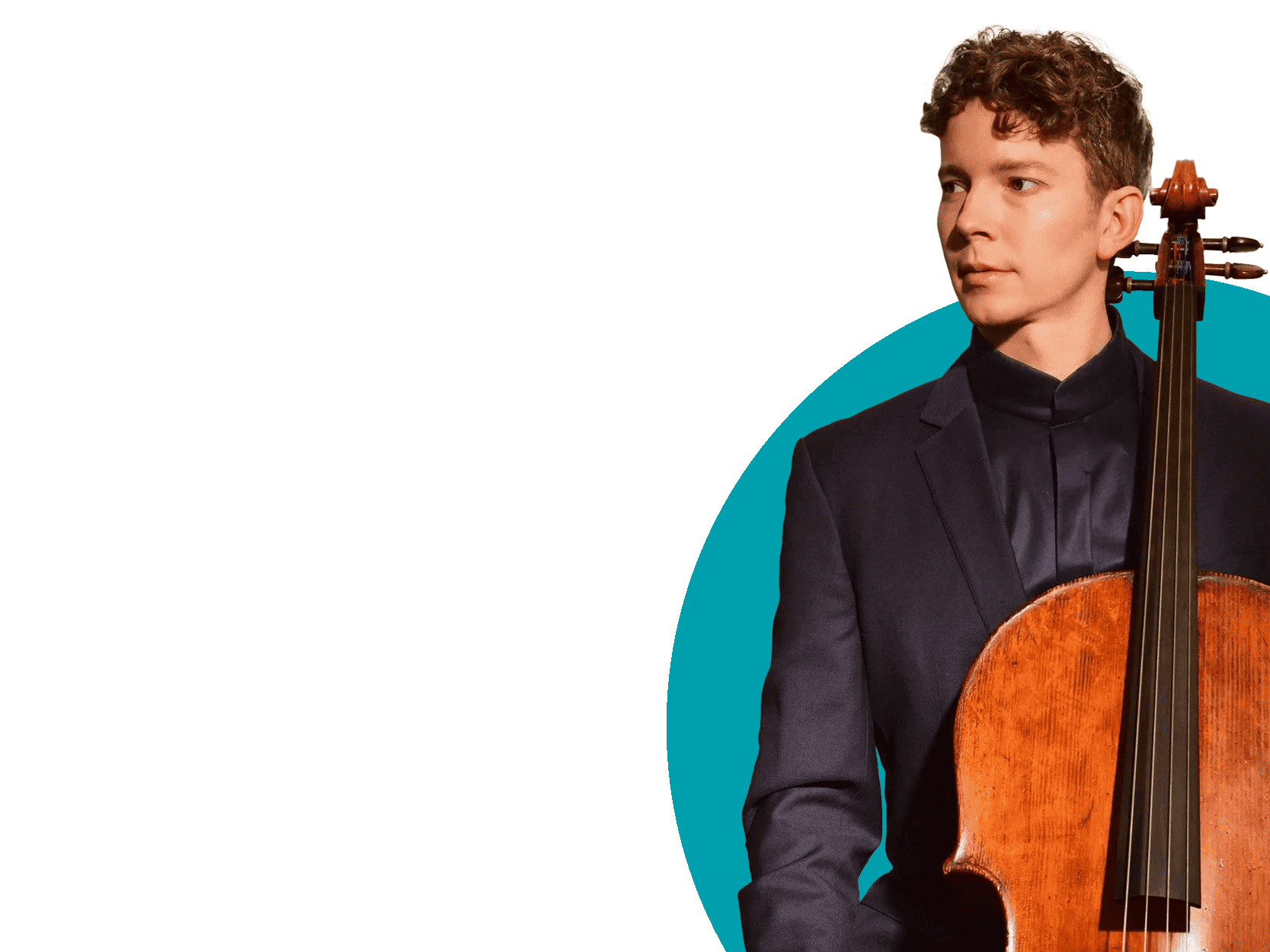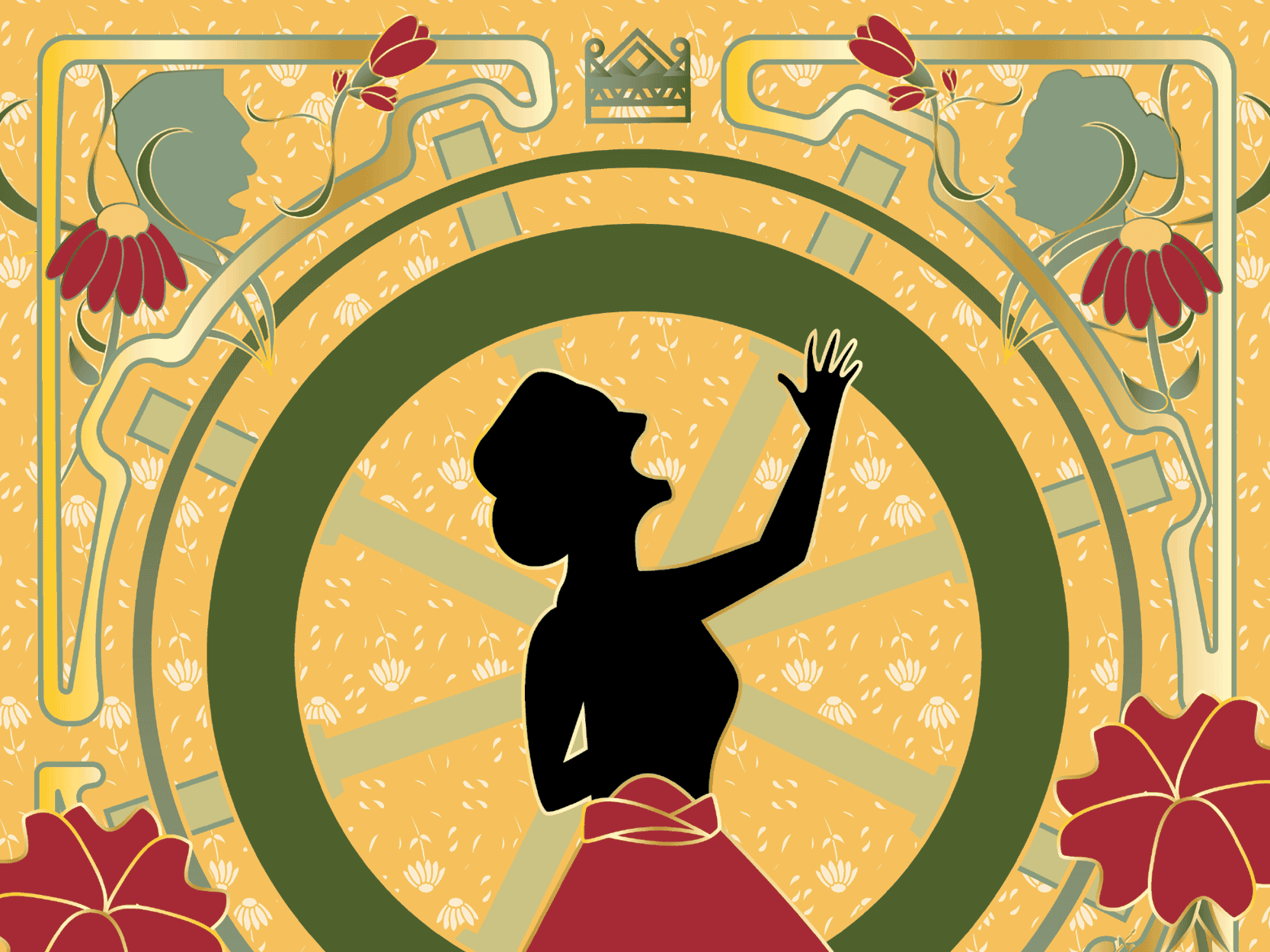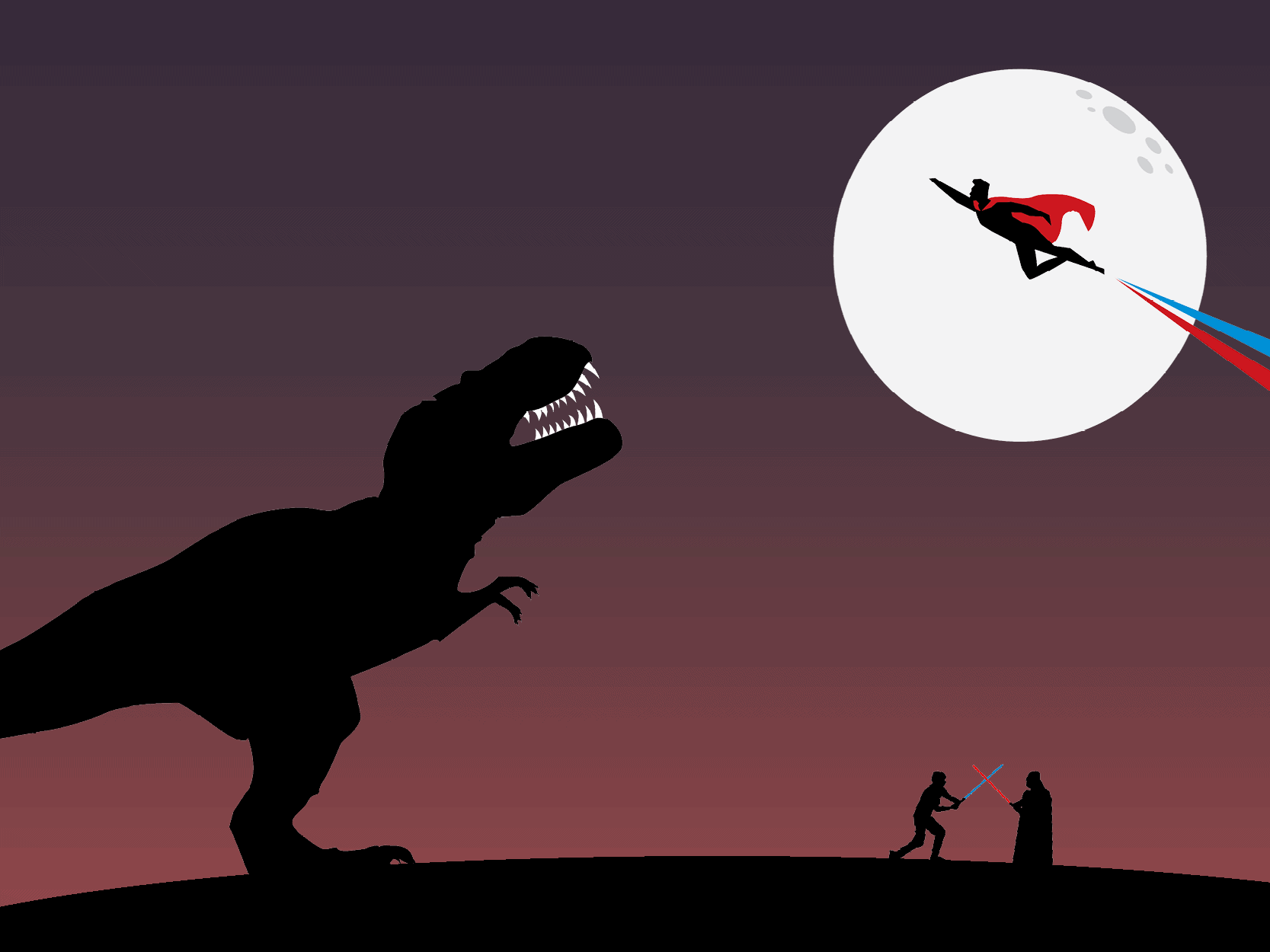South Bend Symphony Concertmaster Jameson Cooper takes center stage as the Symphony presents Beethoven’s Eroica—a revolutionary masterpiece of heroism, resilience, and triumph. Program Jessica CARTER Hidden: In memory of Rosemary Sanders MAX BRUCH Concerto No. 1 in G minor for Violin and Orchestra, Op. 26 I. Prelude: Allegro moderato II. Adagio III. Finale: Allegro energico — Intermission — LUDWIG VAN BEETHOVEN Symphony No. 3 in E-flat major, Op. 55 “Eroica” I. Allegro con brio II. Marcia funebre: Adagio assai III. Scherzo: Allegro vivace IV. Finale Program Notes Hidden: In memory of Rosemary Sanders Jessica T. CARTER Born: 1992 Composed: 2025 World Premiere Jessica T. Carter is a composer, violinist, mezzo-soprano, and educator from Indiana whose music has been described as “evocative” (Aspire Magazine) and “lyrical” (Apricity Magazine). Her work explores the intersection of empathy, compassion, and disruption, often amplifying marginalized voices through story-driven soundscapes. Carter is the recipient of the Craig and Carol Kapson Bicentennial Scholarship in Music Composition (2018, 2019), winner of the 2020 Indiana University South Bend Symphonic Composition Competition with her cello concerto Rancor and Triumph, a 2023 finalist for the Respighi Prize in Composition, and a 2025 finalist for the American Prize in Composition. Her works have been commissioned by the South Bend Symphony Orchestra, Crossing Borders Music, Castle of Our Skins, and Ensemble CONCEPT/21. Her research and creative output include Concert Music of the Civil Rights Movement (2020 and her debut “EP Memories” (2020). Concerto No. 1 in G minor for Violin and Orchestra, Op. 26 Max Bruch Born: January 6, 1838, Cologne, Prussia Died: October 2, 1920, Berlin-Friedenau, Germany Composed: 1866; revised 1867 Premiered: January 7, 1868, Bremen, Germany, with Joseph Joachim as soloist and Karl Martin Rheinthaler conducting Duration: 25 minutes Having completed his first symphony by age 14, Max Bruch displayed an early aptitude for music under the tutelage of his mother and was ...
Learn More
